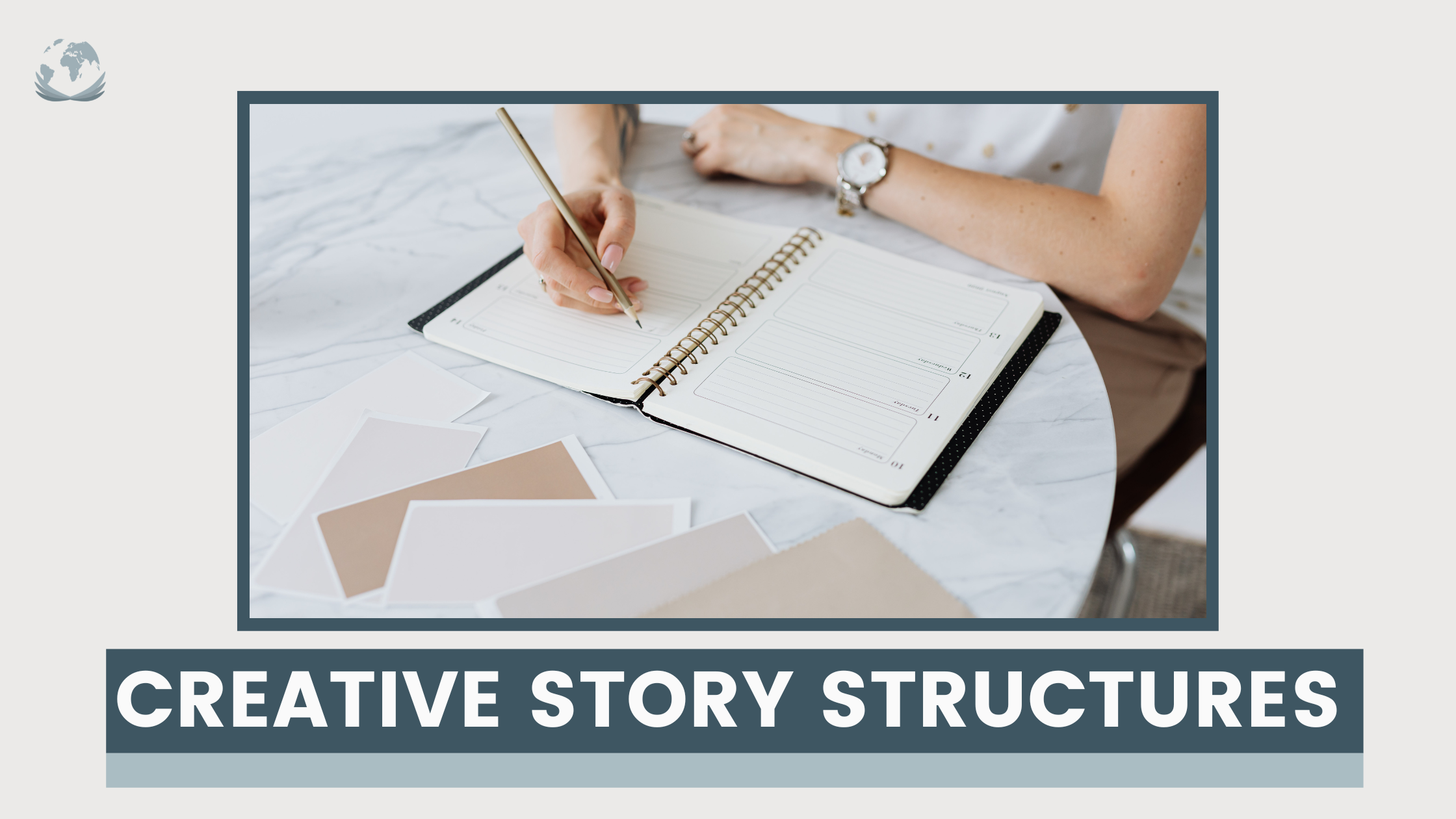How A Story Structure Makes You a Better Storyteller
We could give you all sorts of tips for how to decide on a title for your story, unique story structures, or interesting elements of a story. But that puts a lot of pressure on you to be a great writer. And we don’t want you to be stressed about writing. We don’t want the writing to get in the way of you being able to tell a story.
We want you to relax, and just tell a story like you are telling a story to your best friend, or your mom. Just use your own words. You have been using words your whole life! Just use those words and share your stories as you know them.
Your stories are important because they tell what life is like in our world in a way that journalists and historians can’t. In fact, journalists and historians depend on people like you telling your stories! Historians love to find letters and journals from people long gone to tell them what life was like years ago. Your stories can provide important information about life in this world.
Below is a simple story from the History Chip archive from 2012 about a water fight in a grocery store parking lot. It’s a short story but it tells about a special night that no reporter or historian likely saw and yet it tells a lot about a small town. How the store closed early so the staff could go outside and play.
An early summer night in Connecticut, 2012
A story by Jean McGavin
Adams Hometown Supermarket, Watertown, CT
Last night my daughter and I were startled by a couple of kids darting through the dark of the parking lot as we made a quick trip to the supermarket. Other things, cars out of line, quiet store, just seemed awry. Suddenly, we realized we had driven into a parking lot water balloon fight – 20 or so soaking wet, barefoot gladiators lobbing globes of water, and blasting water guns, in a glee fest of summer anticipation. The store was closed. The staff, baggers to boss, and perhaps some interlopers, were in the lot, soaked and joyous and playing. The temperature was hovering around 50 here in Connecticut of an early June evening. I suspect the revelers would not feel the temperature until they began to head for home and I suspect they will remember that chilly, internet and technology free evening for years to come as blissful. They will, no doubt, fondly recount the story to their grandchildren as an example of simple country life. I am telling all of you just in case some of our revelers keep the lovely memory too close to the vest.
Here is another story. It’s short and simple, but it tells about a big earthquake in California and what it was like for the writer and her family. The story also gives important context to how emergencies are handled in different eras and different places.
EARTHQUAKE — California 1932
A story by Barbara Bowen
6.8 on the Richter scale as Father, my sister and I sat on the floor working a jigsaw -- Mother was in the kitchen making celery soup for supper. We got out the front door on our bottoms because we couldn’t stand and all met in the back garden, including our brother roller-skating back from digging a hole with friends. “Gee, Ma, wasn’t it a beaut”, he cried out.
Father went back into the house after 15 minutes and brought out the soup (which had not been shaken off the stove!). I guess that was what Snubs our bull terrier had for his supper too. He drove us to an open field where we would be safe in case more houses fell in after-shocks. Then mother drove him to the dock where the captain’s gig was waiting to take him to his ship, a 6-inch light cruiser. He dispatched some of the crew ashore to help with getting people out of the rubble and with medical help where needed. About one hundred people had been killed.
Mother drove us back to the field and she, we three kids and Snubs settled down for the night only to be roused by a nut who raced by shouting “Tidal wave! Tidal wave!” (false alarm) but Mother had quickly driven to higher ground believing him. How we did all this in a pre-cellphone era I don’t remember, but we wound up the following night staying with friends in Pasadena.
The thing is, we have all seen and experienced things. We invite you to share what you have seen and experienced. At History Chip, your memories have enormous value because they add to history. Your stories will become history on History Chip. We sincerely hope you will share them with us. Your stories matter!

